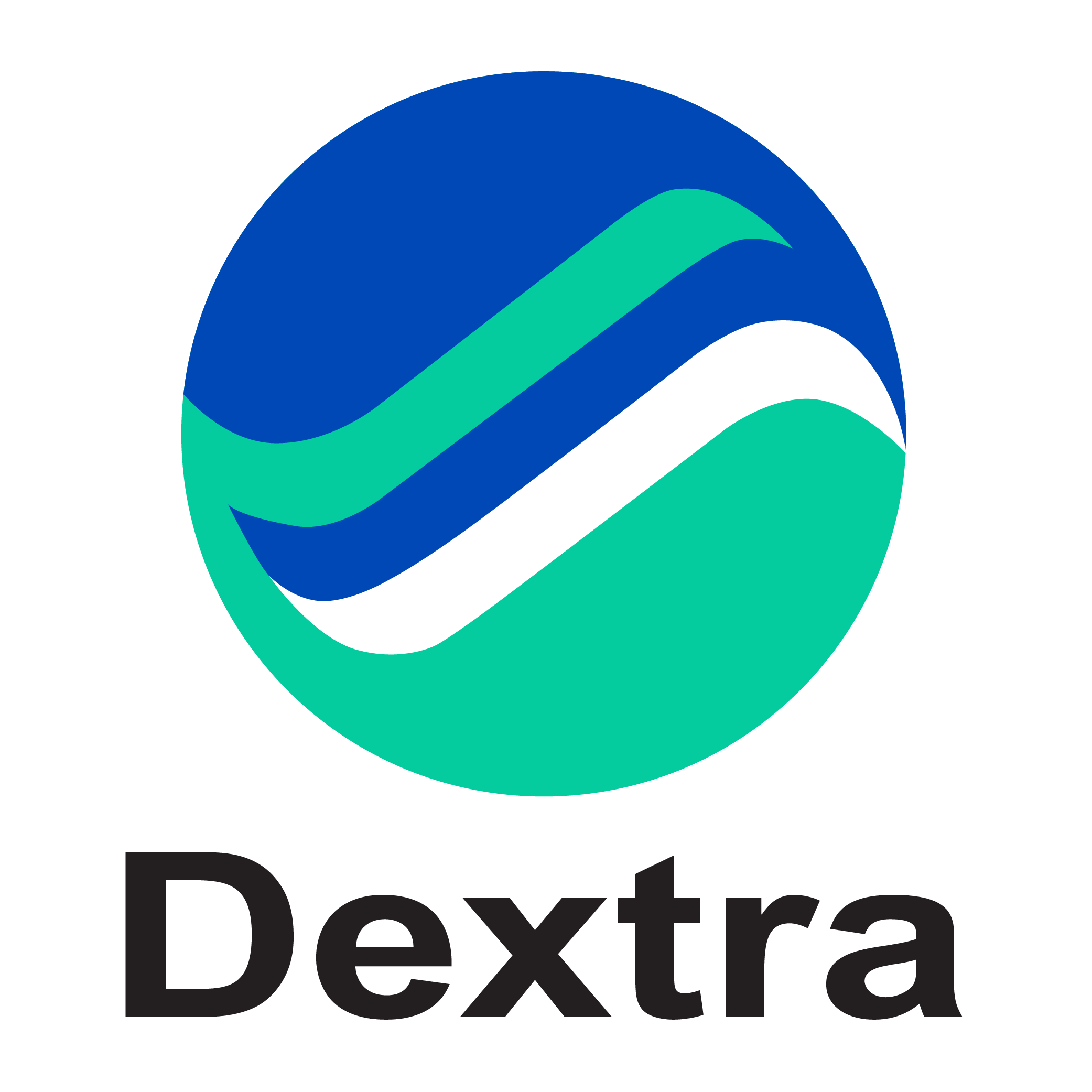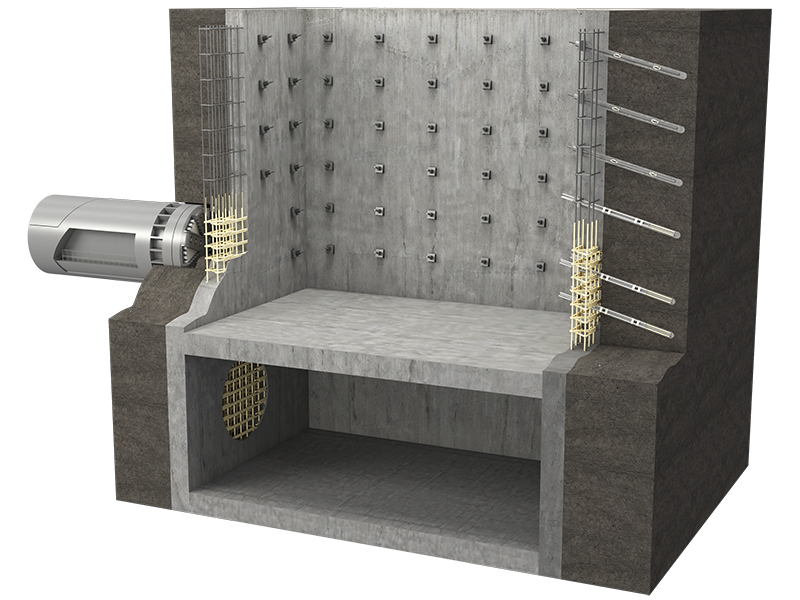Nagpur Metro Zero Mile Station in einem gemischt genutzten Transport-, Park- und Gewerbeprojekt in der Stadt Nagpur im Bundesstaat Maharashtra. Es liegt an der neuen U-Bahnlinie, die die Stadt von Norden nach Süden durchquert. Die Zero Mile Station ist eine U-Bahn-Station, die zu einem 12-stöckigen Gebäude zusammengefasst ist und Gewerbeflächen sowie einen Parkplatz mit einer Kapazität von 430 Fahrzeugen beherbergen wird.
Bei diesem Projekt war Dextra im Jahr 2017 an der Lieferung und Installation von Bodenankern zur Stabilisierung des Bodens rund um das Ausgrabungsgebiet beteiligt.
Dextra lieferte seine innovative ASTEC (FRP) Active Anchors-Lösung (AAA), eine spezielle Art von Erdankern, die bei temporären Anwendungen nach Projektende im Boden belassen werden können, auch wenn sie über die Grundstücksgrenze hinausreichen oder auf künftige Tunnel stoßen.
Tatsächlich besteht einer der Hauptvorteile der FRP-Ankerstange darin, dass der Anker mit herkömmlicher Aushubausrüstung vollständig zerschnitten werden kann, was ihn zum besten Ersatz für herkömmliche abnehmbare Anker macht, bei denen es sich um Stahlanker handelt, die am Ende mit roher Gewalt aus dem Boden entfernt werden müssen des Projekts.
Dextra ASTEC Aktivanker sind leicht zu transportieren und können von Arbeitern an ihren endgültigen Standort getragen werden. Nach dem Einsetzen in das Bohrloch wird jeder Anker verpresst und später mithilfe herkömmlicher PT-Litzen, die mit dem FRP-Anker verbunden sind, vorgespannt. Nach der Installation kann der Anker im Boden verbleiben, im Gegensatz zu herkömmlichen abnehmbaren Ankern, die zusätzliches Projektmanagement erfordern und Kosten für die Entfernung des Ankers am Ende seiner Lebensdauer verursachen.
Für weitere Informationen zu Dextra-Verankerungslösungen in Indien wenden Sie sich bitte an unser Büro in Mumbai.













